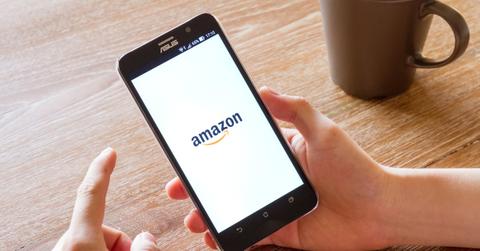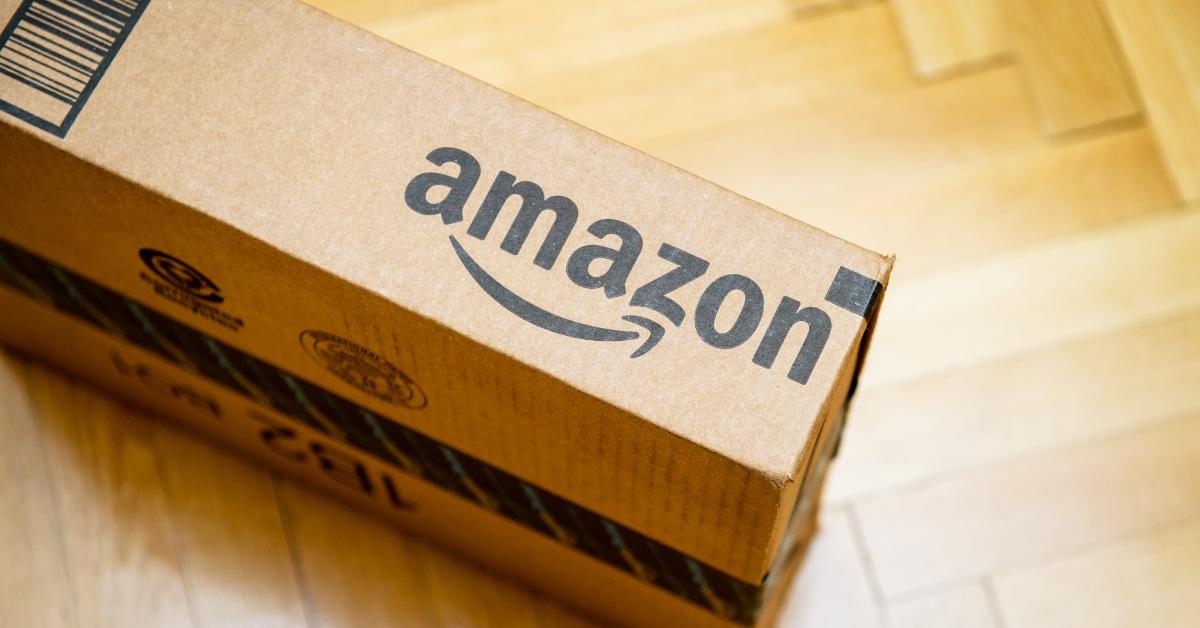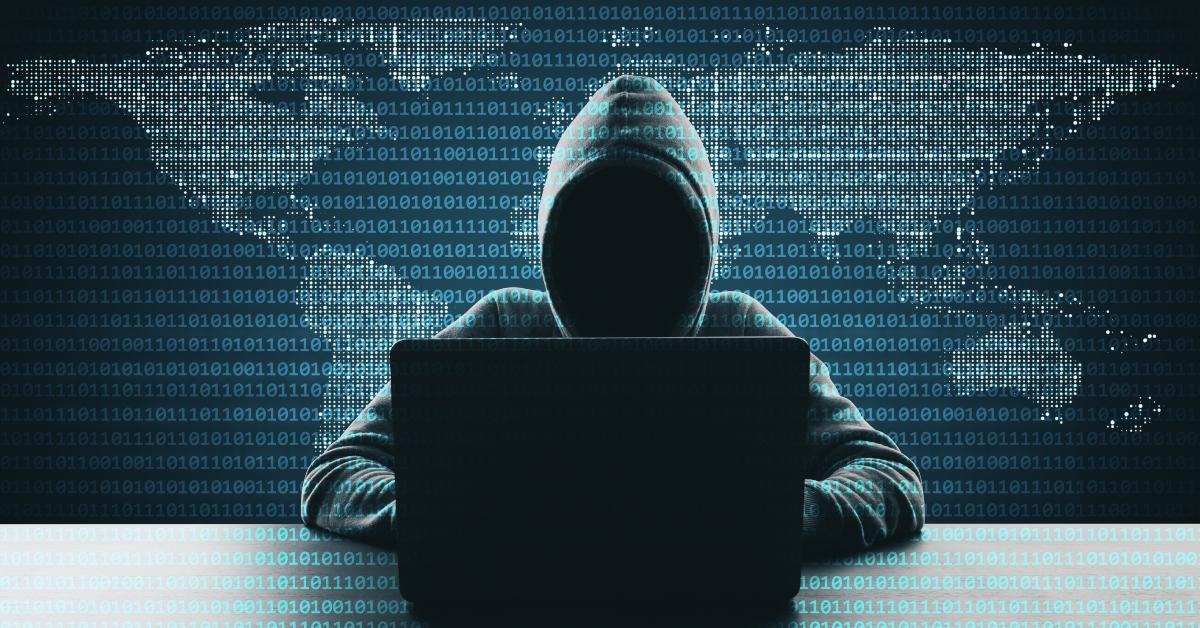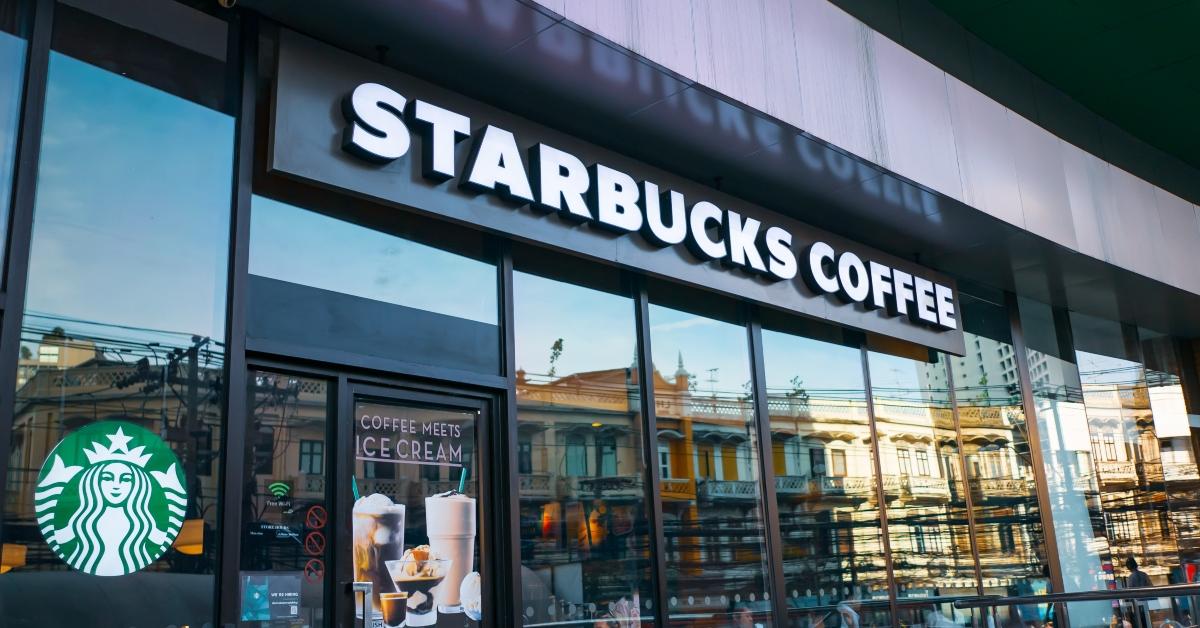PSA: Protect Yourself From This New Amazon Text Message Scam — What to Know!
Updated March 22 2021, 11:43 a.m. ET

As individuals continue to self-quarantine amid the current coronavirus pandemic (also known as COVID-19), people who are purchasing packages from Amazon and FedEx need to be careful when it comes to opening delivery updates via text and email. Scammers are hoping to profit off customers and are disguising text messages to appear as coming from these well-known enterprises.
Keep reading to find out more and how to protect yourself!
Here's what to know about the Amazon Rewards text message scam.
According to CBS News, people across the United States have been receiving text messages from companies such as Amazon asking for "delivery preferences." Hackers are attempting to gain personal information in a scam known as "smishing."

According to Justin Duino (via CBS), managing editor of How-To Geek, people who click on the link are directed to a fake Amazon survey. It entices individuals to enter their credit card information for shipping purposes and offers free watches and other gifts as a reward. However, it is all a scam.
"When you dig into it, it's asking you to sign up for a trial to the company where they'll charge you almost $100 a month," he explained.
As a rule of thumb, think before you click. One Twitter user offered some advice for people who receive emails from corporations, writing: "The phishing email scam artists have gotten a little better, yet they still can't hide their email addresses, folks, so make sure you check email addresses from the sender before you click on any links. That being said, no grammatical errors and the @amazon header looked legit."

Another person shared the text she received, captioning the photo: "PSA: For some reason it looks like many SCAM/HOAX emails & texts are being sent and targeting people ... Please don’t click on any links from 'Amazon' or 'PayPal' your information will most likely be hacked. Be careful!"
"Received scam emails from PayPal, Amazon and Apple within 2 days...scammers are working extra hard these days. They gotta make their money somehow I guess," tweeted one person.
To digitally protect yourself, the Better Business Bureau has a few helpful tips on how one can avoid falling victim to internet and/or text scams.
Another viral scam that has been circulating around the internet is a "social distancing coupon" from Starbucks. Watch out!

PSA: Watch out for the Starbucks "social distancing coupon" scam too.
Hoping to capitalize off of the current crisis, hackers have recently created a viral social distancing coupon scam, which advertised a free $100 Starbucks giftcard.
"To Apoligize [sic] for Closing Stores. Get a $100 Starbucks Card On Us," the text link stated alongside a Photoshopped picture of the coffee company's logo.
The BBB of Eastern NC tweeted out that the false advertisement was, in fact, a scam. "SCAM ALERT: Advertisements for fake @Starbucks gift cards are currently circulating in the marketplace. Be on the lookout for scams leveraging #coronavirus & #SocialDistanacing. Visit https://bbb.org/coronavirus for other #COVID19 related scams. #StartWithTrust," the page posted.
With fraudulent individuals looking to gain access to your personal information, protect yourself from these online hackers by conducting some research or reaching out to the company before you "click."